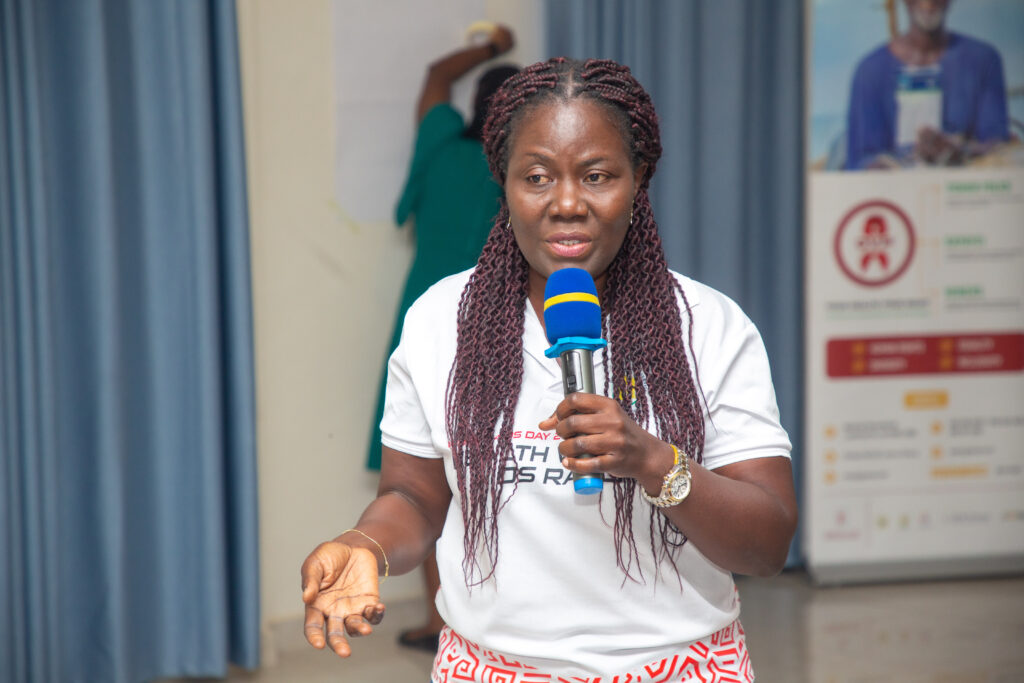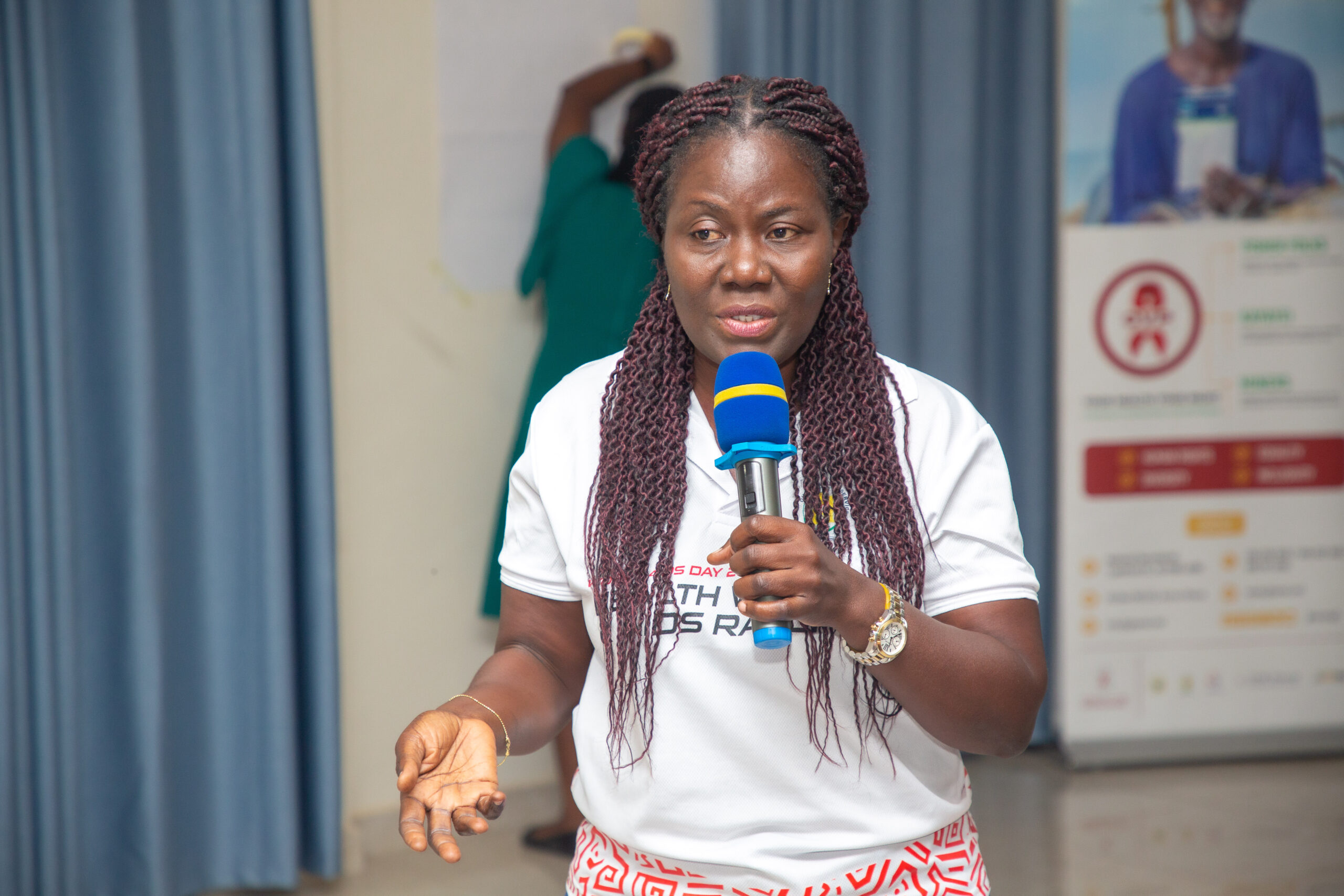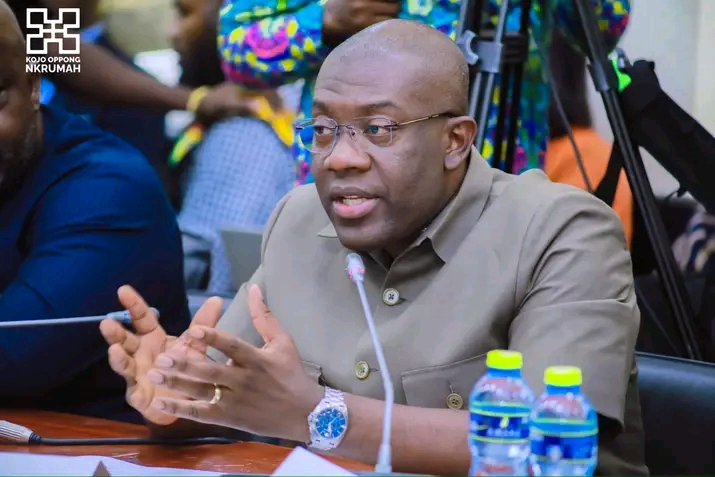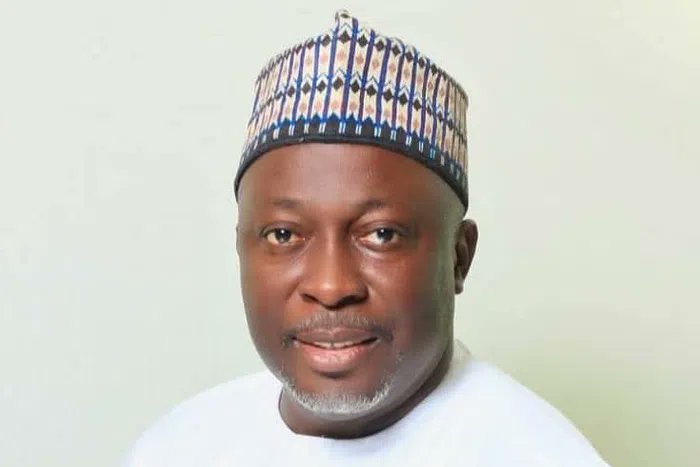Credit: Kekeli K. Blamey
The Technical Coordinator of the Ghana AIDS Commission, Madam Rita Afriyie, has called on the media and relevant stakeholders to play a leading role in combating the stigmatisation and discrimination faced by persons living with HIV/AIDS.
Speaking at a three-day sensitisation programme organised by the Ghana HIV and AIDS Network (GHANET) held in Koforidua, Madam Afriyie emphasized the critical role that journalists, social media influencers, and health practitioners play in shaping public perceptions and eliminating harmful stereotypes. The event brought together these stakeholders to discuss ways of enhancing public education on HIV/AIDS and fostering inclusive attitudes.
She noted that stigmatisation and discrimination remain major barriers to effective HIV/AIDS prevention and treatment, highlighting that individuals living with HIV/AIDS often suffer from social exclusion and emotional distress.
“People living with HIV/AIDS are frequently denied their basic rights. Many of them feel lonely, ashamed, rejected, and hopeless. Some lose confidence and suffer from depression, increasing their risk of substance abuse,” Madam Afriyie said.
According to her, the root causes of stigmatisation include fear of infection or death, misconceptions about morality, and religious or cultural beliefs that blame victims for contracting the virus. These attitudes, she stressed, have far-reaching consequences — discouraging people from disclosing their status, accessing healthcare, or seeking life-saving services like Mother-to-Child Transmission prevention.
She further revealed that due to stigma, some children living with HIV are denied access to education, while adults have lost jobs or been gossiped about simply because of their HIV status.
Madam Afriyie called on the media to use their platforms — especially popular social media channels — to relay accurate and empathetic information to the public, particularly targeting vulnerable groups such as fisherfolk, head porters (kayayei), and miners.
“Let us educate the public about the rights of persons living with HIV/AIDS. This initiative will be results-oriented and help clamp down on stigma and discrimination, while encouraging more people to seek testing and treatment,” she said.
She underscored the importance of building supportive environments in communities, healthcare settings, workplaces, and homes, where people living with HIV can live with dignity and without fear of rejection.
The sensitisation programme forms part of the Commission’s broader strategy to promote inclusive health communication and ensure that no one is left behind in the national fight against HIV/AIDS.







